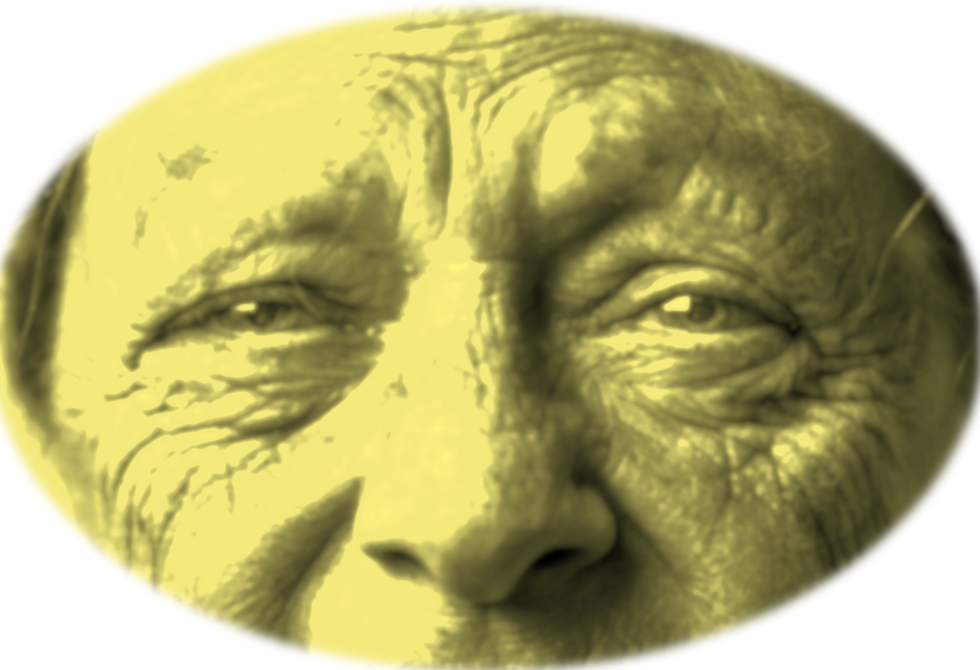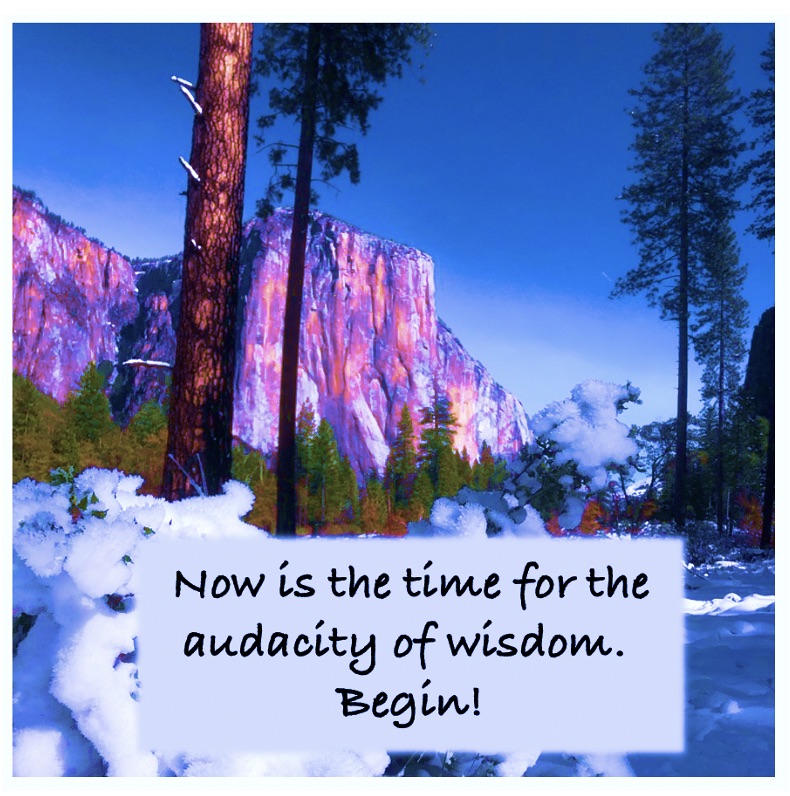Is Joe Biden getting too old to be president? There is wisdom in a gracious exit
How old is too old? After Nancy Pelosi announced she was stepping down, at age 82, as the leader of House Democrats, people wondered whether President Biden should follow her lead. Biden turned 80 this week. He is the oldest president we’ve ever had. If he runs for re-election, he would be 86 at the end of a second term.
Some pundits asked whether Biden’s age would affect his ability to do the job. It is natural to wonder about the vitality of octogenarians. We should also consider the question of fairness and the importance of generational shifts. It is wise for older folks to prepare to pass the torch.
There is some truth to the claim that age is just a number. Some 90-year-olds are healthy, smart and engaged. Aging is a matter of probabilities. The odds stack up against us as the years pass. Good genes and good habits can change those odds. There is no on/off switch that suddenly clicks at 80. But vision, hearing, mobility and memory do tend to decline over time.
And yet, there is also some truth to the idea that we gain wisdom as we age. This is not true of everyone. But we can learn from experience. The passage of time provides a sense of perspective and proportion. What appears as a novel crisis for a 20-year-old is “more of the same” for someone who is 80.
Most traditions imagine that wisdom and old age are connected. Plato suggested that as the burning desires of youth are quenched, the mind is set free to focus on higher things. Confucius said something similar. According to Confucius, it is not until we reach 70 that virtue and desire come together. The sages of the ancient world were old folks with a faraway look in their eyes.
Some cultures also value “gerontocracy,” which is a fancy word for rule by elders. This may work well, if our elders are wise and civic-minded. But gerontocracy may also create a system in which crabby old geezers cling to power, refusing to make way for new ideas.
Aristotle was critical of gerontocracy for that reason. He criticized the idea of lifetime tenure for judges, for example. He said, “there is old age of mind as well as of body.” He suggested that some people may be too old to judge wisely. A
nd what about fairness? If one generation dominates leadership positions, is that fair to those in other generations? When Nancy Pelosi announced she was stepping down, she said, “the hour has come for a new generation to lead.”
This is a nice way of putting it. There comes a time, when elders need to make way for the next generation. There is no alarm clock that tells us when that moment has arrived. But it is wise to keep the succession process in mind and to plan for passing the torch.
One rationale for this generational hand-off has to do with creativity and innovation. Human beings are creatures of habit. We tend to prefer the stability of well-worn ruts. But in politics, business, and art, those ruts can become quagmires. Organizations need fresh ideas and new blood.
And what about the ambitions of those who are waiting in the wings? The understudies need their chance to shine. But when the old guard hogs the limelight, the back-ups never get to learn how to play the lead.
This applies to all fields of human endeavor, including sports. In the NFL, the generation of Aaron Rodgers and Tom Brady is ending. It’s sad to watch former heroes fall into mediocrity. And the second stringers need playing time in order to get good at the game.
Of course, we understand why Brady, Rodgers, Pelosi, and Biden want to stay in the game. It’s fun to play. And they have talents they want to share. There is also a crew of agents and sycophants who have vested interests in keeping the old guard in place.
But as Ecclesiastes puts it, “for everything there is a season.” It is wise to make a graceful early exit than to linger too long at the party, while clinging to fading glory.
Read more at: https://www.fresnobee.com/opinion/readers-opinion/article269144787.html#storylink=cpy




